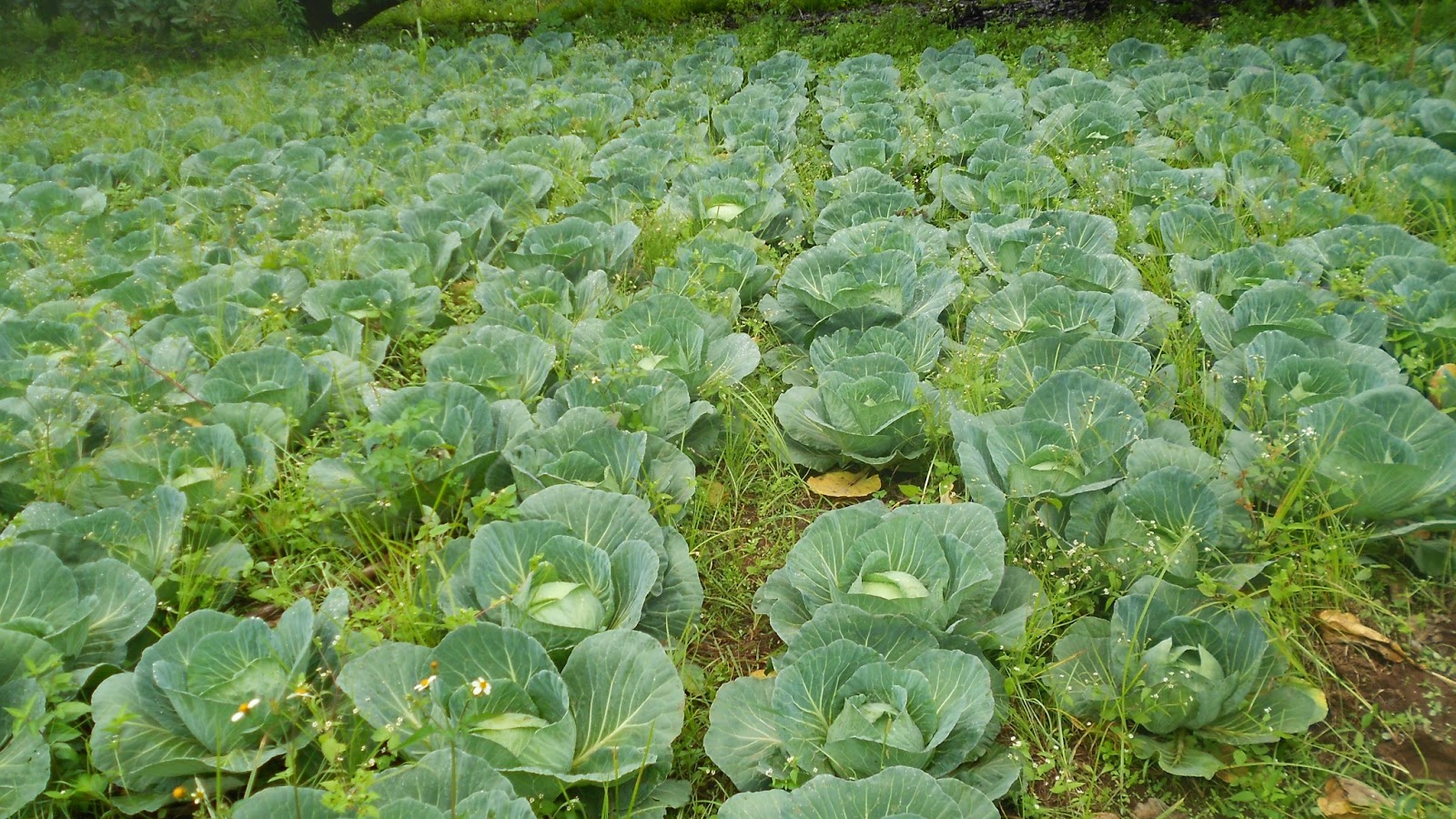What is Organic Farming?
- The practice of agriculture which relies on fertilizers of organic origin like compost, manure, green manure, bone meal etc.
- It is an age old concept in India and is also an important form of sustainable agriculture.
- This practice of agriculture uses less amount of chemical fertilizers, pesticides etc.
- Organic farming can increase the efficiency of water use and bio-fertilizers.
Efforts to promote Organic Farming
- Government is funding a separate fund for organic farming and releases Rs. 1,000 crore for it and is also funding research and development with the help of Krishi Vikas Kendras .
- With the help of Department of Agriculture Cooperation and Farmers Welfare, the government should provide a scheme like the ‘lab to land programme‘ whereby an agricultural scientist should be allocated to one panchayat to generate awareness and to educate farmers about the benefits of organic farming.
- Utilization of agricultural waste as inputs for organic farming. For example, using outer cover of pulses.
- Using wastage of mushroom cultivation as manure.
- Linking organic farming with animal husbandry. For example, using the dung, urine and other wastes of animals as inputs for organic farming.
- Agroforestry and Farmforestry should be promoted, as they result in increasing the humus content of the soil, reduce soil erosion, prevent depletion of ground water table and also increase the revenue of the farmers.
Hurdles in its Implementation
- Organic certification process is highly complex. It takes many procedures and consumes a lot of time in testing the produce.
- Deficiency of proper labs with outdated technology for testing.
- Technology upgradation and promotion of organic farming is not done well.
- Domination of Green Revolution as it gives more yield and more revenue to the farmers in a relatively shorter period of time.
- Over domination of multi-national companies, as they advertise their seeds, fertilizers and pesticides on a larger scale.
- Because of rising NPAs (Non-Performing Assets), banks do not have faith in the farming community.
- Initial investment in organic practices is very high and in not affordable for many farmers.
- Poor backward and forward market linkages and problems in export of organic products due to tariff and non-tariff barriers in other countries.
- Lack of awareness among farmers about the concept of organic farming itself.
- Poor availability of basic infrastructure for the practice.
What is the need of Organic Farming?
- Because of the negative impacts of Green Revolution.
- To reduce the growing Bio-accumulation, Bio-magnification and toxicity associated with ground water.
- To reduce climate change and it’s impact.
- To reduce the toxicity levels in food cycles.
Success Stories
- Sikkim has become India’s first fully organic state by implementing organic practices on around 75,000 hectares of agricultural land.
- Even the states of Maharashtra and Karnataka have taken various steps in promoting and adopting the practice.
- The states of Punjab, Haryana and Uttar Pradesh have also adopted Organic Farming to increase the efficient use of ground water.











